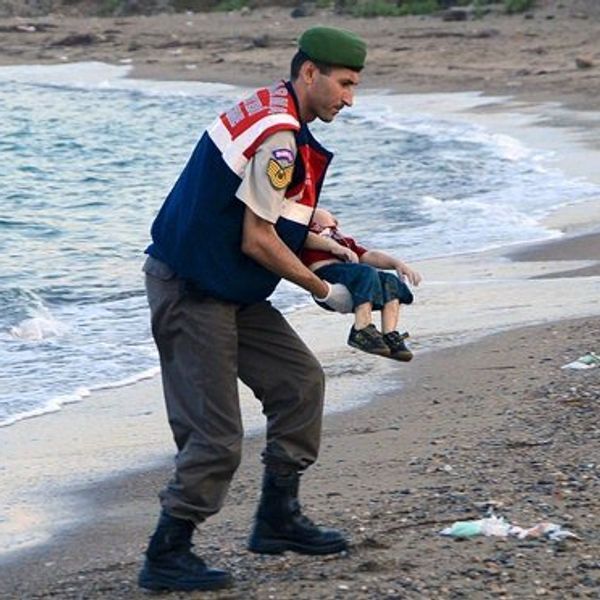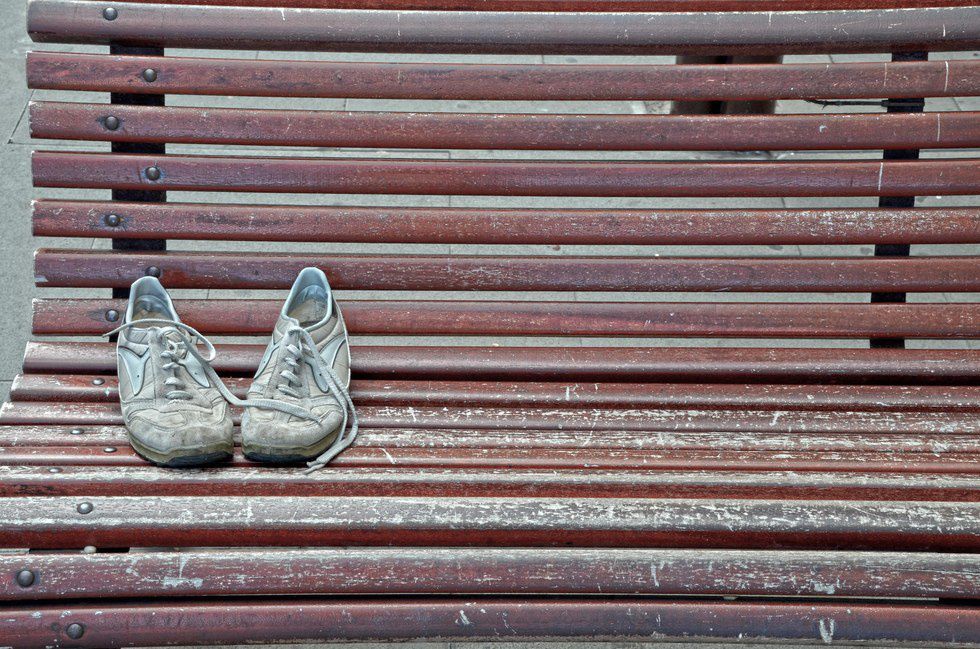Unaccompanied children from South and Central America who illegally enter the United States face a crucible of challenges. These undocumented, unaccompanied children who are detained by either the border patrol or Immigration and Customs Enforcement (ICE) are forced to delve into a legal system that is overburdened by an influx of immigrants seeking refuge. With as many as 68,000 unaccompanied children being detained in just 2014 alone, it is clear to see that the legal process continues to be burdened. But what exactly brings these immigrants, namely these unaccompanied children, to the United States? Nearly 60 percent of these children who are detained present a case that can qualify them as a refugee; many of them flee their country to avoid domestic violence, gang membership, and human trafficking, all of which are rampant throughout many Latin American countries. When detained in the United States, these unaccompanied children, some smuggled into the United States as young as three-years old, face an uphill legal battle not to be deported back into harm’s way. Almost all of these unaccompanied children are not appointed or are unable to afford a lawyer to represent them in their court hearings. This lack of effective counsel creates a system in which unaccompanied children of very young ages are forced to represent themselves in court to determine whether they may receive refuge. If a child is able to present a strong case, or is deemed to need to be detained for a longer time, he then faces violations of human rights when in the custody of ICE. There have been many cases in which the overcrowding of detention centers has led to several missteps in humanitarian concerns. The only course of action is to reevaluate the legal procedure when reviewing these cases and to create a system of accountability in the United States detention centers.
It is safe to say that a three-year old child is incapable of understanding court procedures to the same extent as a grown adult, but that is not the case when it comes to unaccompanied children. In Virginia, Judge Jack Weil has been recorded saying, “I’ve taught immigration law literally to 3-year-olds and 4-year-olds.… They get it. It’s not the most efficient, but it can be done,” as his defense against providing legal representation to unaccompanied children. Through an analysis of 21,588 children’s cases, the American BAR Association (Young Leaders Division) indicates that only 41 percent of these children had some form of representation and only 32 percent of pending cases were assigned to an attorney [See page 72 of the report]. This data shows that an overwhelming number of unaccompanied children face a confusing legal battle all by themselves, despite the potential language barriers. This lack of counsel is counter intuitive in light of research showing the benefits of providing the crucial service. Among those children with legal representation, 73 percent were able to present a case to allow them to remain in the United States compared to the 15 percent who succeeded without representation. Not only would the unaccompanied children benefit from access to these legal services, but also the court procedure would improve overall. Currently, unrepresented children are still held liable for completing all required paperwork while in the custody of the Department of Health and Human Services (HHS) Office of Refugee Resettlement (ORR). If the child were to fail to complete these forms, regardless of his ability to understand the documents, he faces possible deportation in absentia for failing to appear in court. Data analysis conducted by Syracuse University’s Transactional Records Access Clearinghouse (TRAC) revealed that out of the closed cases in which legal representation was provided, 93.5 percent of children were present throughout the process and were not designated in absentia. This finding marks the improvement in trial proceedings as the trial would not have to be dragged out as a result of the child’s failure to appear in court.
To this end, we must view these children as human beings once again. The belief that somehow the experience of these children is something we can ignore must be challenged if we are to truly be a democratic country of liberty. To assume that children of these ages, without any knowledge of our foreign language, are capable of maneuvering a complicated system that even United States residents struggle with is counter to common sense. And beyond this, we must begin to look at the quality of care given to these children once they enter the ICE detention centers here in the U.S. There have been reports of substandard care and negligence, which you can read more about in my follow-up article, "An Immigration Failure: What Price Must Children Pay?" A country is not measured by the words they speak, but instead by the treatment of the people within its borders: documented or not.
Written with hope for a better future,
Nuno























